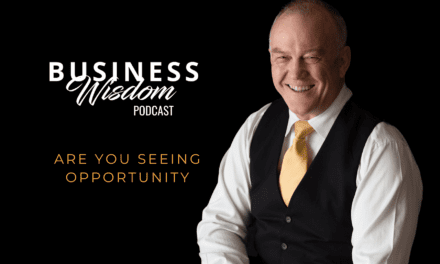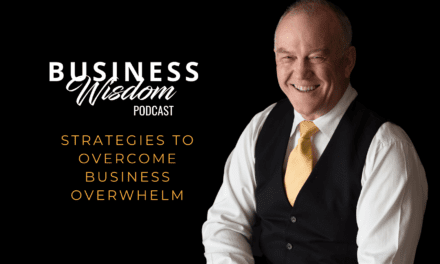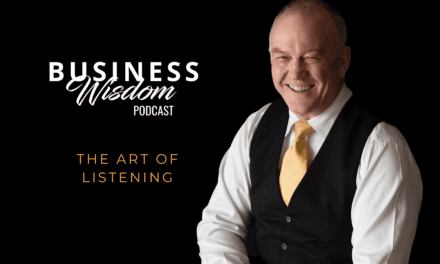Decision-making is a fundamental aspect of human existence. From choosing what to have for breakfast to making life-altering choices. We make decisions every day. However, if we look deeply into the process of how humans make decisions, we find it’s far more complex and nuanced than it might initially appear.
In this episode of the Business Wisdom Podcast, we delve deep into the intricate world of decision-making, a fundamental aspect of both personal life and business operations.
Decision-making is a complicated process influenced by various factors. I won’t delve into the mechanics but rather focus on its impact on business.
Rational vs. Intuitive Decision-Making
There are two primary categories of decision-making: rational and intuitive. Rational decision-making involves a logical and methodical approach, while intuitive decision-making relies on gut feelings and instincts.
Understanding these types of decision-making can have a significant impact on how we present our products or services to potential customers.
Influential Factors in Decision-Making
Several factors influence our decision-making process, including:
- Access to Relevant Information: Overloading clients with information can lead to confusion. Providing relevant and appropriate information is crucial.
- Cognitive Biases: Biases like confirmation and anchoring can distort our evaluation of alternatives.
- Emotional Regulation: The ability to manage emotions plays a significant role in making sound decisions.
- Experience and Implicit Knowledge: Accumulated knowledge and unrecognised patterns often guide intuitive decisions.
- Social Context: Peer pressure, cultural norms, and societal expectations significantly affect our choices.
- Economic Considerations: Financial constraints and perceived costs are crucial in decision-making.
Decision-Making: A Two-Way Street
Decisions are made for two reasons: to gain something or to avoid pain. Every decision is emotional and tied to personal values. Recognising this emotional connection is vital in understanding how to position our offerings effectively.
A Simple Formula for Effective Decision-Making:
- Identify Desired Outcomes: Clearly define what you want to achieve.
- Establish Criteria: Determine what criteria will help you reach your desired outcome.
- Conduct Research: Investigate options that meet your criteria, leading to a straightforward choice.
The Power of Choice
The final decision always boils down to a choice between two options. Offering more than two choices often results in a “no thanks” as it complicates the decision-making process. Through elimination, we arrive at the best possible outcome.
Making Better Decisions for a Better Business
Understanding the intricacies of how people make decisions positions us better to communicate the benefits of our products or services. It also helps us identify the right clients to work with.
Here’s to making better decisions for a better business and a better life!
Highlights
- [0:45] What is decision-making?
- [1:30] The two primary types of decision-making
- [3:00] Factors that influence decision-making
- [3:30] Access to relevant information
- [4:00] Cognitive biases
- [7:30] How to make better decisions
- [8:00] Tips for helping potential customers make good decisions


















